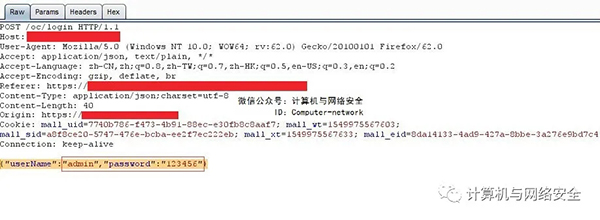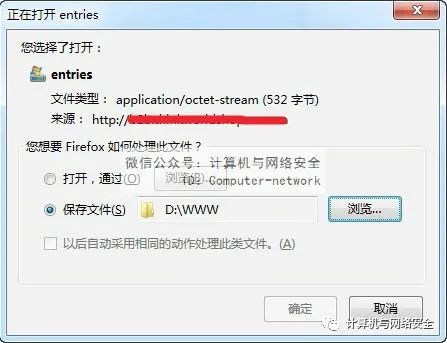一、调查
,,,,。
二、调查相关函数
# include & lt; poll.h>
int调查(struct pollfd * fds, nfds_t nfds, int超时);,
//fds: pollfd结构体,
,,,事件:
,,,防止:
,,,,,,,,,,,,
,,,,,,,,,,,,
,,,,,,,,,,,,
,,,,,,,,,,,,
,,,,,,,,,,,,
,,,,,,,,,,,,
,,,,,,,,,,,,
,,,,,,,,,,,,
,,,,,,,,,,,,
,,,,,,,,,,,,存储
,,,,,,,,,,,,
,,,,,,,,,,,,
,,,,,,,,,,,,
struct pollfd
{,,,int ,, fd,,,,,,,,,,/*,文件描述符,*/,
,,,,short 事件,,,,,,/*,请求的事件,*/,,,
,,,,short 防止;,,,,/*,返回的事件,*/,,
}; //nfds:,
//超时:
,,,,,,:永不超时
,,,,,,,, 0:立即返回
,,,,,,,,在0:等待指定的时间
2,特点:
,,,, pollfd并没有最大数量限制(但是数量过大后性能也是会下降)。
,,,,和选择函数一样,调查返回后,需要轮询pollfd来获取就绪的描述符。
,,,,选择和调查都需要在返回后,通过遍历文件描述符来获取已经就绪的插座。事实上,同时连接的大量客户端在一时刻可能只有很少的处于就绪状态,因此随着监视的描述符数量的增长,其效率也会线性下降。
三、调查服务器
# include & lt; stdio.h>
# include
# include
# include
# include
# include
# include
# include
# include
# include
# include
# define _BACKLOG_ 5
# define _MAX_NUM_ 64年
void 使用(const char * proc)
{
printf("用法:,% s (ip)(港口)\ n”, proc);
}
static int 启动(const char * ip, const int 端口)
{
int 袜子=插座(AF_INET SOCK_STREAM 0);
如果(sock & lt;, 0)
{
perror(“套接字”);
退出(1);
}
int 选择=1;
setsockopt(袜子、SOL_SOCKET SO_REUSEADDR,及选择,sizeof(选择);
当地struct sockaddr_in ;
local.sin_family=AF_INET;
local.sin_port=htons(港口);
local.sin_addr.s_addr=inet_addr (ip);
如果绑定(袜子,(struct sockaddr *),当地,sizeof(本地),& lt;, 0)
{
perror(“绑定”);
出口(2);
}
如果(听(袜子,_BACKLOG_), & lt;, 0)
{
perror(“听”);
出口(3);
}
return 袜子;
}
static int poll_server (int listen_sock)
{
struct sockaddr_in 客户端;
socklen_t len=sizeof(客户端);
struct pollfd fds (_MAX_NUM_);
fds [0] .fd=listen_sock;
fds [0] .events=波淋;
fds [0] .revents=0;
size_t i=0;
(;i<_MAX_NUM_; + + i)
{
fds[我].fd=1;
fds[我].events=0;
fds[我].revents=0;
}
int max_fd=1;
int 超时=5000;
而(1)
{
开关(民意调查(fds、max_fd超时))
{
case 1://错误
perror(“投票”);
打破;
case 0://超时
printf (" poll 超时”);
打破;
默认值://normal
{
(i=0; i< _MAX_NUM_; + + i)
{//is listen events ,准备好了吗?
如果(fds[我].fd ==, listen_sock ,,, fds[我].revents ==,波淋)
{
int accept_sock=accept (listen_sock (struct sockaddr *),客户,和len);
如果(accept_sock & lt;, 0)
{
perror(“接受”);
继续;
}
printf (" get a 客户端…[ip: % s][端口:% d] \ n”, \
inet_ntoa (client.sin_addr)、ntohs (client.sin_port));
(i=0; i< _MAX_NUM_; + + i)
{
如果(fds[我].fd ==, 1)
{
fds[我].fd=accept_sock;
fds[我].events=波淋;
max_fd + +;
打破;
}
}
如果小姐:==,_MAX_NUM_)
{
关闭(accept_sock);
}
}
else 如果(fds[我].fd 祝辞,0,,,,fds[我].revents ==,波淋)
{
char buf [1024];
ssize_t _size=阅读(fds[我].fd,缓冲区,sizeof (buf) 1);
如果(_size 祝辞,0)//read 成功
{
但[_size]=' \ 0 ';
printf (" # Client % s”, buf);
}
else 如果(_size ==, 0)//client 接近
{
printf (" clint 密切…\ n ");
struct pollfd tmp=fds(我);
fds[我]=fds (max_fd-1);
关闭(fds [max_fd-1] .fd);
fds [max_fd-1] .fd=1;
fds [max_fd-1] .events=0;
fds [max_fd-1] .revents=0;
——max_fd;
}
}
其他的
{}
}
}
打破;
}
}
return 0;
}
null
null
null
null
null
null
null
null
null
null
null
null
null
null





